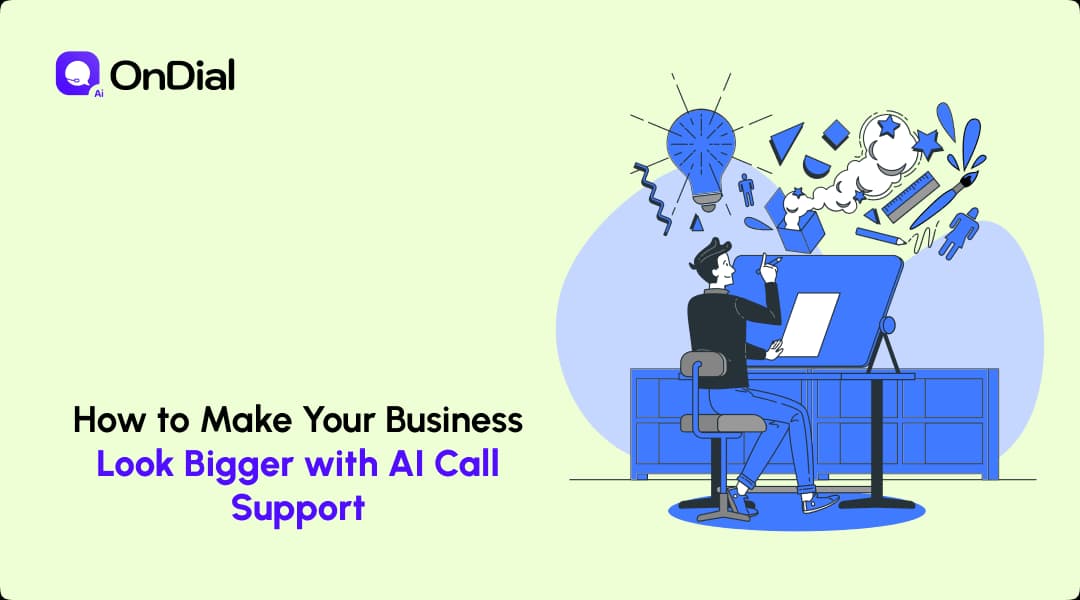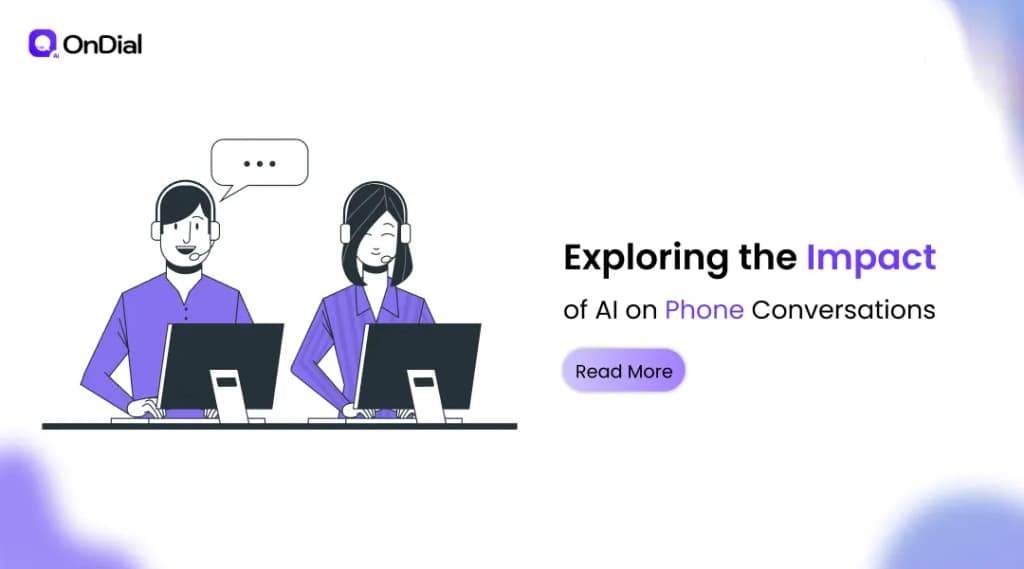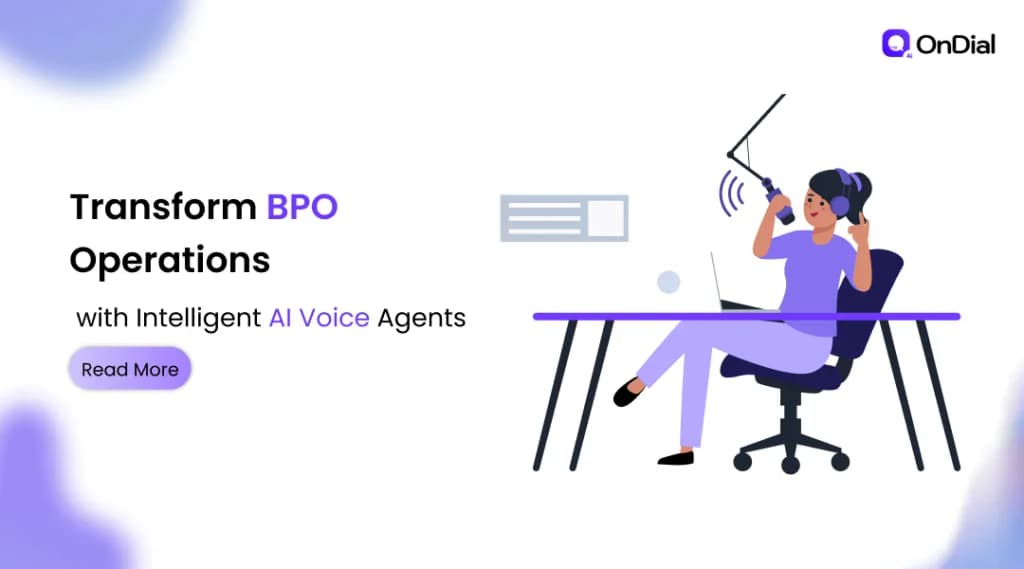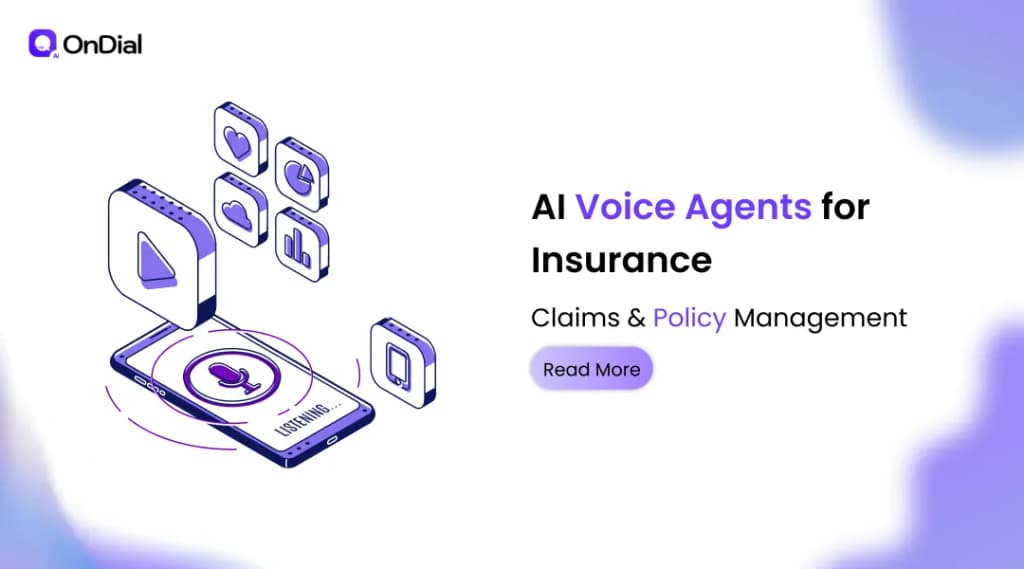Let’s be brutally honest: perception is everything in business. Customers judge your credibility within seconds of calling your number.
If they’re met with silence, missed calls, or that dreaded “mailbox is full” message — they assume your operation is tiny or unreliable. And that hurts.
But here’s the twist: you don’t need a big team to sound like one. That’s where AI call support steps in — your invisible receptionist, customer care team, and operations assistant rolled into one smooth voice.
I’ve spent years watching small businesses transform overnight simply by answering calls differently. Not faking scale — projecting competence. And that difference is subtle but powerful.
The Role of AI Call Support in Modern Business Growth
We’ve reached a strange point in business communication — customers still crave human connection, but they also expect instant service.
The middle ground? AI that behaves like your best employee.
AI call support uses natural language processing and voice recognition to answer, route, and even resolve customer calls in real time. Instead of ringing out, every customer gets an intelligent, polite response — 24/7, without needing coffee breaks or sick days.
The impact? Consistency. Credibility. Calm efficiency that feels “bigger” than you are.
How AI Call Support Works
Think of it as a “virtual call assistant” that listens, understands, and speaks back — trained specifically for your brand.
Here’s what happens behind the scenes:
- The customer calls your number.
- AI picks up immediately. It greets the caller using your script and tone.
- Natural language models analyse intent (“I need support,” “I want to schedule,” “Where’s my order?”).
- AI responds or routes the call to the right person — or records details when no one’s available.
The beauty? You’re not just answering calls — you’re controlling first impressions with machine precision and human warmth.
Real-World Examples of AI Agents Managing Calls
A few examples from clients I’ve worked with:
- A boutique travel agency automated 70% of routine inquiries (like “Is this package available?”) using OnDial’s AI voice agents. Their conversion rate jumped by 40%.
- A plumbing service implemented AI call routing to prioritise emergency jobs. No more missed calls during off-hours — and they stopped losing weekend leads.
- A SaaS startup used a branded AI receptionist to handle investor and customer calls while the founder focused on product development. No one realised it wasn’t a real assistant.
These aren’t outliers — they’re everyday businesses using AI to sound competent, calm, and ready for anything.
Benefits of Using AI Call Support for Small Businesses
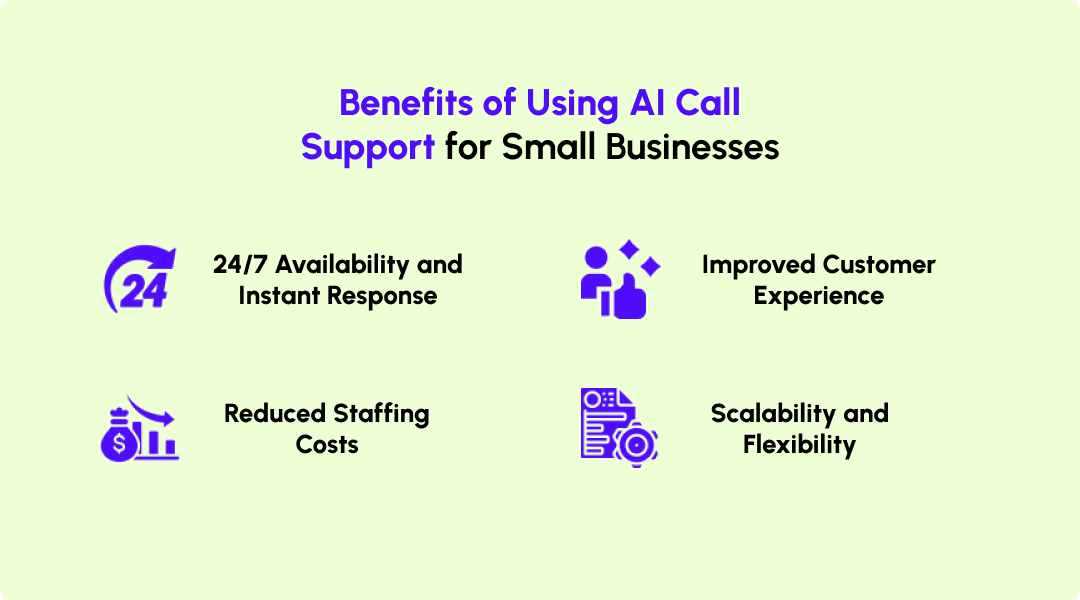
1. 24/7 Availability and Instant Response
You might not be awake, but your AI call agent is. Customers get a fast, friendly response anytime — even at 3 AM.
No voicemail. No waiting. No frustration.
2. Improved Customer Experience
Ever been on hold so long you hung up? That’s what customers remember. AI eliminates that by offering immediate help or intelligent routing.
The tone, phrasing, and even empathy are customisable — so it sounds like you, not a bot.
3. Reduced Staffing Costs
Hiring a receptionist or call team is expensive. AI call support lets you handle hundreds of conversations simultaneously at a fraction of the cost — without cutting quality.
4. Scalability and Flexibility
Whether you get 10 calls or 10,000, the system adapts. Scaling doesn’t mean new hires — it means better automation that grows with you.
How AI Call Support Makes Your Business Look Bigger
Here’s the part most people underestimate: perception isn’t about deception — it’s about professionalism.
Projecting a Professional Image
A customer who’s greeted with a polished voice, structured options, and smooth handoffs assumes you’re established. That confidence transfers instantly — to your brand.
Consistent Communication Standards
Humans forget scripts. AI doesn’t. It delivers the same tone, accuracy, and clarity every single time, no matter who’s calling.
Personalised Yet Automated Conversations
Good AI doesn’t sound robotic. It remembers repeat callers, greets them by name, and can reference past conversations through CRM integration.
Imagine the effect when your “assistant” remembers a client’s last order or appointment — even if you’ve never met them.
That’s not smoke and mirrors. That’s scalable empathy.
Practical Ways to Implement AI Call Support
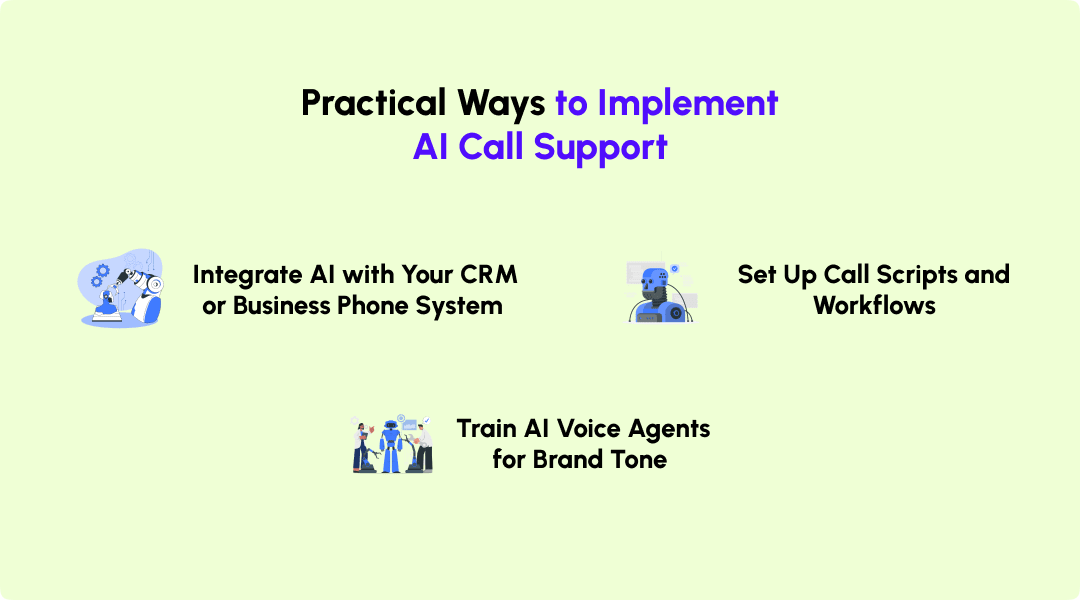
So how do you actually make this happen?
1. Integrate AI with Your CRM or Business Phone System
OnDial’s AI voice agents can sync with popular CRMs like HubSpot, Zoho, or Salesforce. This allows real-time updates, personalised greetings, and automated ticket creation.
2. Set Up Call Scripts and Workflows
Define what should happen in each scenario — new lead, service request, billing query. Your AI follows your playbook with zero deviation, ensuring consistent professionalism.
3. Train AI Voice Agents for Brand Tone
AI call agents can sound warm, formal, playful — whatever fits your brand. Record short training samples or approve AI-generated tones that match your company’s voice.
(Trust me: tone is half the brand. Ignore it, and even the smartest AI sounds like an intern on their first day.)
Top AI Call Support Tools for 2025
There’s a growing ecosystem, but here’s a quick peek at what’s shaping the landscape:
Key Features to Look For
- Multi-language support
- Customisable tone and scripts
- CRM and helpdesk integration
- Analytics dashboard for tracking call performance
Common Mistakes to Avoid When Adopting AI Call Support
- Over-Automation Without Personalisation Don’t turn your business into a robot farm. Balance automation with empathy.
- Ignoring Analytics and Feedback Loops Use call data to improve FAQs, refine tone, and catch common caller frustrations.
- Skipping the Human Backup Option Always give callers the option to connect to a real person. Confidence grows from choice.
- One-Size-Fits-All Setup Every business sounds different — your AI should too. Customise scripts, don’t copy templates.
Future of AI Voice Support in Business Branding
We’re heading into a fascinating phase — emotional AI is learning to detect tone, intent, and even frustration in real time.
Imagine your AI call agent lowering its pitch when a caller sounds upset. Or switching to Hindi, Spanish, or French mid-conversation because it senses the user’s preference.
That’s not sci-fi. That’s 2025.
Soon, the businesses that sound human — even when they’re automated — will dominate customer loyalty metrics.
And that’s what OnDial is building toward: AI that doesn’t just talk — it connects.
Conclusion
You don’t need a big team to sound like a big company. You need AI call support that reflects how seriously you take your customers.
Whether you’re a one-person shop or a growing startup, an AI voice agent can handle your calls, route inquiries, and make every caller feel like they just spoke with your best employee.
Because perception isn’t about pretending. It’s about presenting — with precision, empathy, and confidence.
And AI, when done right, makes that effortless.
